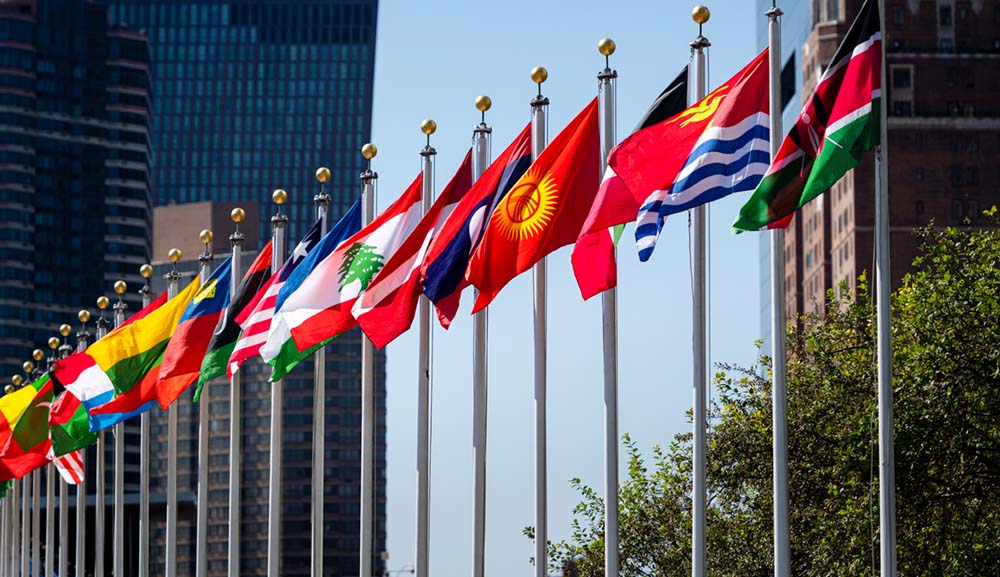Over 350 civil society organizations which are part of the UNmute initiative issued a collective statement to the United Nations, pressing for more substantial consultation and involvement in the preparatory process of the UN’s Summit of the Future that is scheduled in September 2024. Signatories include CIVICUS, Amnesty International, Human Rights Watch, Forus, the United Nations Foundation, the Coalition for the UN We Need, World Vision International, and Greenpeace.
While acknowledging the UN’s effort to engage civil society ahead of the recent publication of the first draft of the “Pact for the Future” and the invitation to virtual and in-person consultations, the organizations express significant concerns over the limited avenues for meaningful participation. This, they argue, could undermine the UN’s commitment to inclusivity, as outlined in the UN Secretary-General’s report “Our Common Agenda” which is the starting point for the Summit of the Future. The statement points to a disparity in engagement opportunities between Member States, who have direct input channels, and civil society, which is relegated to less impactful consultations, primarily virtual ones, and written submissions.
The organizations raise alarms over the potential sidelining of civil society input

The organizations raise alarms over the potential sidelining of civil society input, questioning the effectiveness of the current participatory mechanisms, noting in the statement that “we are concerned that our feedback is being overlooked”. While a substantial number of groups provided input to the civil society consultations organized by the co-facilitators of the negotiations, Germany and Namibia, it appears that few of them feel that this had an actual influence on the first draft of the “Pact for the Future”.
The lack of face-to-face interaction with Member States and the restricted co-creation opportunities are seen as major impediments to fostering a genuinely inclusive dialogue. Moreover, the accessibility challenges for non-English speakers and individuals outside of New York due to closed informal consultations and the absence of interpretation services are highlighted as barriers to a truly global and inclusive process.
As the UN gears up for a Civil Society Conference in Nairobi in May 2024, the statement calls for a shift towards a more inclusive framework that accommodates diverse and meaningful participation from all sectors of society, including historically marginalized and underrepresented groups. At this time, the civil society conference is only open to representatives of non-governmental organizations in consultative status with the UN’s Economic and Social Council, affiliated with the UN’s Department of Global Communications or such that can provide a written reference from a UN entity.
The statement outlines specific recommendations
The statement outlines specific recommendations to enhance civil society participation, such as creating inclusive engagement platforms, allocating designated seats for civil society representatives and setting up the office of a UN Special Envoy for Civil Society. The Pact for the Future should mandate a comprehensive review of civil society engagement in UN processes, the statement says. These steps are thought to ensure that the Summit not only hears but also acts upon the diverse perspectives of civil society.
“The joint statement of civil society groups underscores the urgency of reevaluating the current engagement to ensure the UN does not merely pay lip service to inclusivity but embodies it in the outcome document of the Summit of the Future”, said Andreas Bummel, Executive Director of Democracy Without Borders, which endorsed the document as well.
An international petition recently launched by the German non-profit WeQ Institute on the platform change.org says that the “Pact for the Future” should “mandate the Secretary-General of the United Nations to carefully evaluate the reform proposals submitted by civil society and, to this end, to conduct open and inclusive consultations with member states, NGOs accredited to the UN, other civil society organizations and other stakeholders, elected representatives, and experts.”




